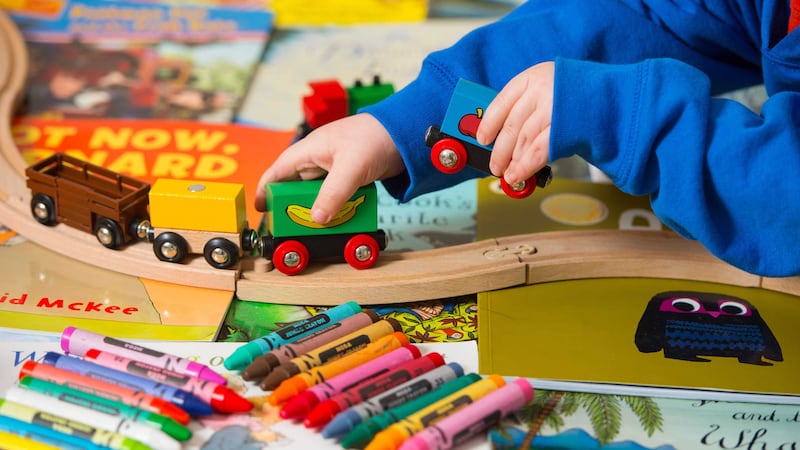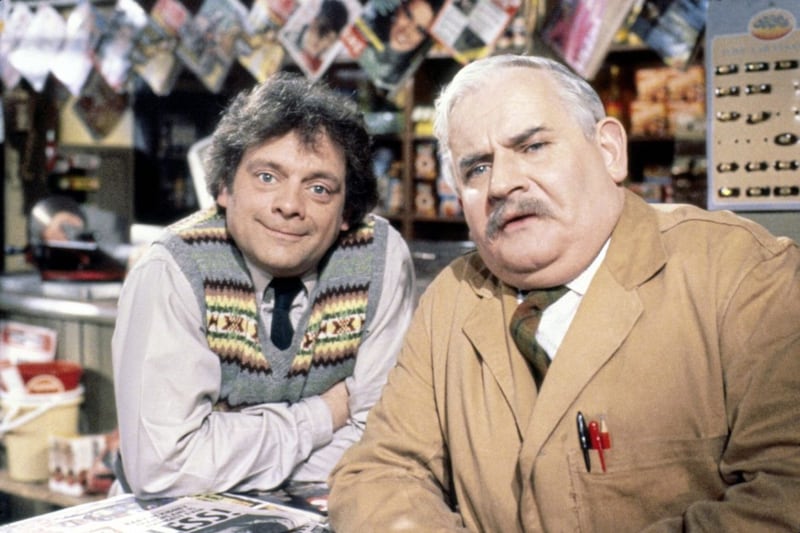A BEDRAGGLED blackbird crouches miserably in the middle of the lawn.
Umbrella-ed passers-by ploughter through puddles. It’s been raining heavily on and off for the last 48 hours and the air is dank and chilly.
It’s the third day of the summer holidays and parents of school children are already at the end of their tether – kicking themselves for not enrolling their darlings in a summer scheme, guilt-ridden at allowing the littlest ones a day-long diet of Disney drivel and cartoons, exhausted by breaking up squabbles and preventing too-frequent raids on the treats cupboard.
Upstairs, their pre-teen is developing scoliosis over a games console or endlessly texting friends and their eldest, still asleep, will shortly descend to microwave something disgusting prior to disappearing uptown to hang about the shopping mall with like-minded peers.
And from all of them comes the querulous chorus, “There’s nothing to do. I’m bored.”
We’re rearing a generation of dependant non-self-starters – over indulged, over praised, allowed a degree of licence our parents would never have permitted – yet fettered by health and safety sanctions and monitored with a curious mixture of vigilance and inconsistency.
Many children get too much of some things and not enough of others. A parental deficit of attention, time together, conversation and activities is compensated for by toys, clothes and gadgetry.
It’s sad to see a silent toddler in a buggy facing forwards, while its mother natters interminably on her mobile, or a child left in a sea of toys, being babysat by a television set.
Some children come to school never having handled a book, nor had a story read to them. I’ve observed in playgroups, children with such a brief attention span that, faced with a roomful of activities, they wander from one to another, incapable of choosing – and they can’t sit long enough to listen to a story.
Sophisticated toys that ‘perform’ don’t help develop the imagination. Even that perennial favourite, Lego, has drawn criticism that its ‘kit’ designs “create boundaries and limit children’s imagination”.
Any infant teacher will tell you that paint, sand, water and clay or plasticine, a dressing-up box and a set of variously shaped building blocks do more for a child’s creativity than toys that ‘do things’, where the child’s a mere spectator – and a story read by a parent with an arm round their child beats any professionally-produced CD.
I was amused by a recent joint statement from four universities that “letting school children out of the classroom to run around boosts their brainpower.
Physical activity promotes scholastic performance.” You don’t say. Another survey reports that 74 per cent of British 6-12 year olds spent less time playing outside than the statutory 60 minutes a day recommended for prisoners.
Notice the next time you pass a school playground, that only the youngest pupils are actually running about playing games.
From P5 upwards, the girls are in clusters talking fashion and pop stars, the boys lounging around or having a desultory kickabout.
Do we blame hardworking parents who come home to meal-making, housework, homework supervision and, at last, a sedentary evening semi-comatose in front of the time-stealing telly, while their children do their own solitary and sedentary thing in their own rooms?
Or the way technology has allowed ‘leisure’ to deconstruct the fabric of family life, coarsen our sensibilities and steal our youngsters’ childhood?
Ours was a generation reared in relative freedom. Rain or shine, we ran the comparatively safe streets, parks and countryside.
We scootered, roller skated and cycled; climbed trees, built dams, fell in streams and got ourselves out of scrapes by our own ingenuity. Of course we quarrelled, but settled our own disputes.
Only the most pusillanimous would run home and tell. Nor did we damage or destroy. Any passing adult would instantly intervene if they saw us behaving dangerously or anti-socially.
We came home sunburnt or rain-soaked, scratched and dirty and read ourselves to sleep – sure that our tomorrows, stretching to the infinity of September, would be just as good as today.
Would that we could pass on that innocent and carefree certainty to this generation of children…








